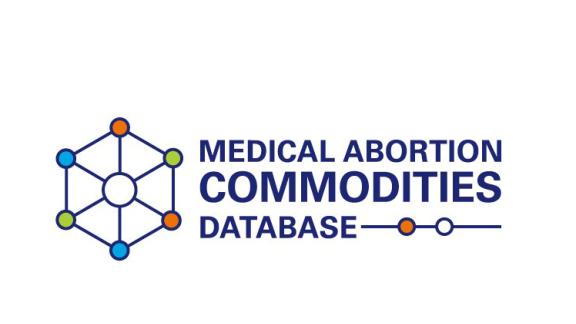Globally, an estimated 25 million unsafe abortions occur every year, with 97 per cent of those in developing countries in Africa, Asia and Latin America, most with restrictive abortion laws. In the past decade, however, abortions have become safer, largely due to the increasing use of medical abortion with mifepristone and misoprostol. Wider availability of these medical abortion commodities – especially misoprostol – has improved women’s access and contributed to provision of services beyond health facilities. Although medical abortion is most effective with a combined regimen of mifepristone and misoprostol, mifepristone is not as widely available as misoprostol, and many abortions are carried out safely using misoprostol only.
Misoprostol is prone to rapid degeneration when exposed to humidity and moisture. There have been anecdotal and documented reports of poor quality misoprostol used in some settings, which can result in a range of complications including continued pregnancy, bleeding or retained products of conception. Quality assurance of safe abortion drugs is often neglected, and there are very few internationally quality assured misoprostol products. IPPF recognized that there was no single, searchable place with country-level information on medical abortion commodities. While the incidence of medical abortion is increasing, service providers and procurement personnel face challenges in knowing which misoprostol brands to procure for safe medical abortion at the country level.
As a global advocate for and provider of safe and legal abortion services, IPPF decided to fill this knowledge gap and contribute to the global efforts to increase women’s access to safe abortion. Recognizing that such a big undertaking could not be done in isolation, we partnered with Gynuity Health Projects and Concept Foundation, and sought collaboration from many other organizations working on safe abortion. Together, we determined the availability and quality of medical abortion commodities around the world and set out to find a ‘home’ for this valuable information.
The result is IPPF’s new Medical Abortion Commodities Database, which houses information on the availability of quality misoprostol, mifepristone and combined packs of both drugs at the country level. It is a resource for public health professionals looking for information to use in reproductive health care programmes, and to inform policy. It provides a single place to find this important information, in an easy-to-navigate website. People can search by country, commodity type and/or brand name, from their desktops, tablets or smartphones. Only the misoprostol brands with sufficient evidence of quality are included on the site.
IPPF hopes that the information provided on the database will inform everyone working on safe abortion to identify, select and procure quality commodities to provide safe medical abortion services. We also see the database as having a role to play in shaping policy and identifying where to invest resources and efforts to increase availability of quality medical abortion commodities. IPPF hopes that the external interest in and support for this database continues and that we can update it on an ongoing basis with new information that is shared with us.
when
Subject
Abortion Care








